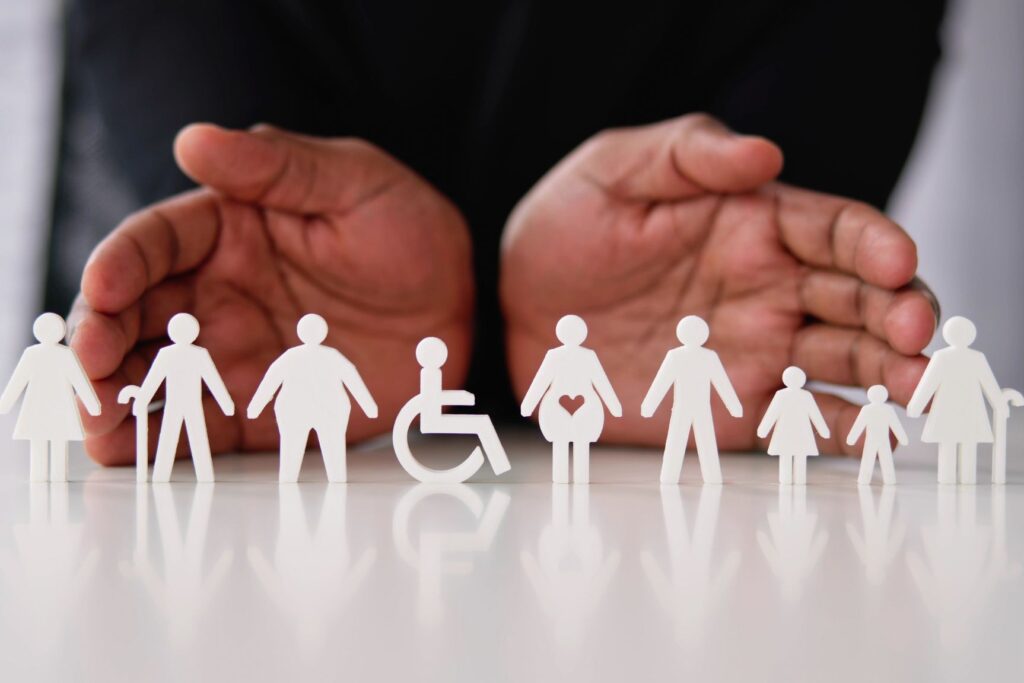Advances in research on inclusive education

Research in inclusive education has become an essential pillar for improving educational practice and promoting equal opportunities in the classroom. Recent studies, published in specialized journals and supported by international organizations such as UNESCO, show that the application of adaptive and collaborative strategies has a significant impact on the academic performance and emotional well-being of students, especially those belonging to vulnerable groups. This field of research is opening new perspectives for the implementation of policies and programs that adapt to the diversity of students. ASEIN participates in the dissemination and promotion of these advances through collaborations with research centers and universities, facilitating access to updated information and creating spaces for debate among teachers, researchers, and educational policy makers. The goal is for the results of these investigations to translate into practical improvements in the classroom, supporting the development of inclusive methodologies that can be replicated in different contexts.
Teacher professional development as a driver of inclusion

Continuous professional development of teachers is essential to transform inclusive education and effectively address the diversity of students. Recent studies, as well as reports from the National Institute for Educational Evaluation (INEE) and the Observatory of Educational Innovation, underscore the importance of teachers updating their pedagogical skills and adopting innovative methodologies. Among these, theater-based pedagogy stands out for its ability to meet the needs of students with different learning styles, allowing for greater interaction and participation in the classroom. ASEIN actively promotes teacher training through workshops, seminars, and exchange activities that offer educators the opportunity to learn new techniques and share experiences. These initiatives focus on methods that facilitate inclusion and personalized treatment, contributing to the creation of more equitable and dynamic learning environments. The association also encourages networking among teachers, which strengthens the exchange of best practices and helps overcome barriers that may affect the quality of teaching. With this approach, ASEIN aims for each teacher to have effective tools to improve their practice and contribute to a more inclusive educational system.
New trends in inclusive education in Spain

Inclusive education in Spain is undergoing significant changes, driven by the integration of digital technologies and innovative pedagogical methodologies that adapt teaching to the diversity of students. In recent years, there has been a growing interest in the use of interactive platforms and digital resources, which allow for personalized learning and foster collaborative environments where all students actively participate. This approach translates not only into improvements in academic performance but also has a positive impact on the emotional and social well-being of students. Moreover, various institutions and experts in the field highlight how these changes are reshaping the way teaching is conceived, emphasizing the importance of continuous training and the updating of pedagogical practices. ASEIN joins this trend by promoting and disseminating best practices in inclusive education, collaborating with educational centers and other sector stakeholders to ensure these innovations are progressively implemented nationwide. The association works to create spaces for dialogue and training that enable teachers to adopt these new methods, contributing to a more adaptable and equitable educational system.